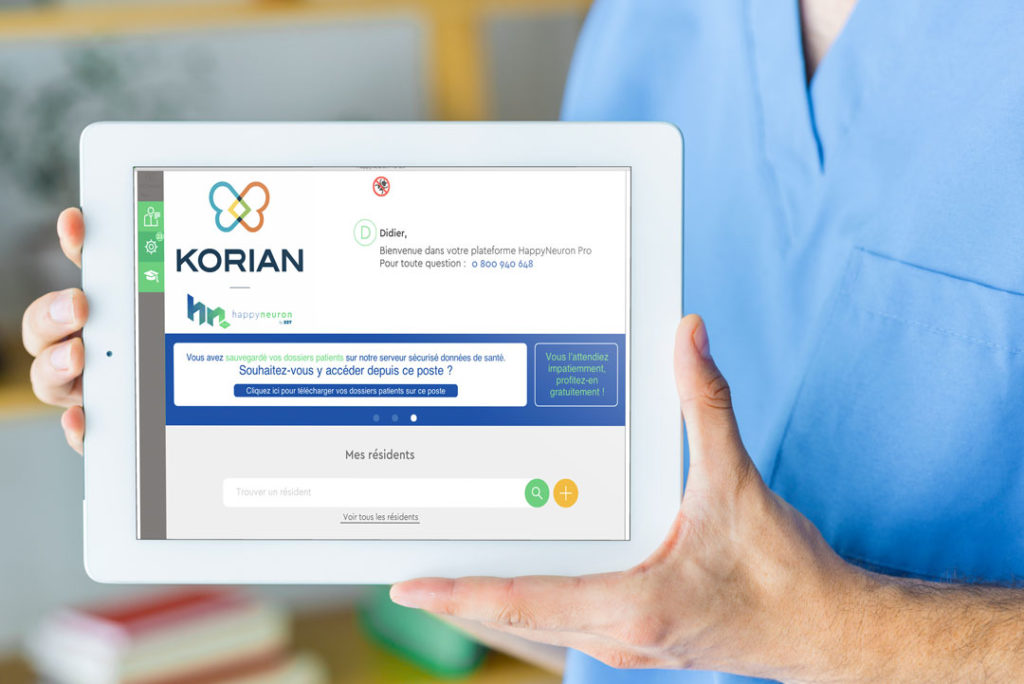Disruptions in the care process, difficulty in accessing psycho-education or cognitive remediation, and untreated somatic complications are among the difficulties encountered by people with bipolar disorder.
The BP Passport project has been working to meet these challenges with 2,000 patients in five territories that are representative of the organization of psychiatric care – it has been taking in patients since December 2020.
The BP Passport is proposing to experiment with a new method of financing with a gradual shift from financing by the Annual Operating Budget (DAF in French) – which is unequal, inefficient, and not very conducive to the deployment of new organizations – to flat-rate financing on a per-care basis, in order to free up new resources for French psychiatry while reducing the cost to the community by limiting hospitalizations and work stoppages. The new financing method is also based on the measurement of result indicators that are important to patients, defined beforehand with the Argos 2001 association.
This experiment gives concrete expression to the changes desired by clinicians and patients towards comprehensive (psychiatric and somatic) and specialized care, within an economic model that encourages quality and efficiency. It is a precursor to developments that could be applied to other psychiatric diseases such as depression or schizophrenia.















